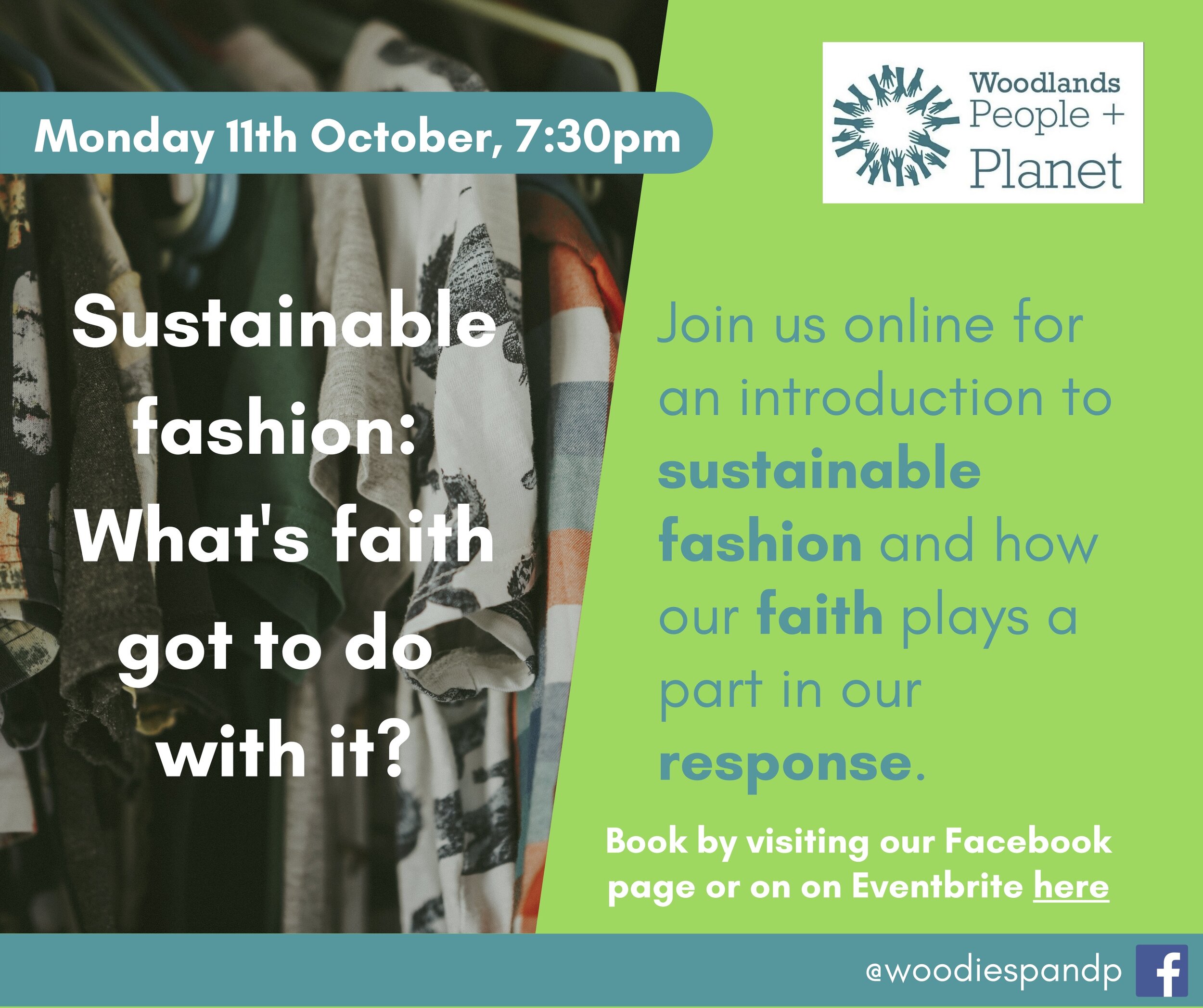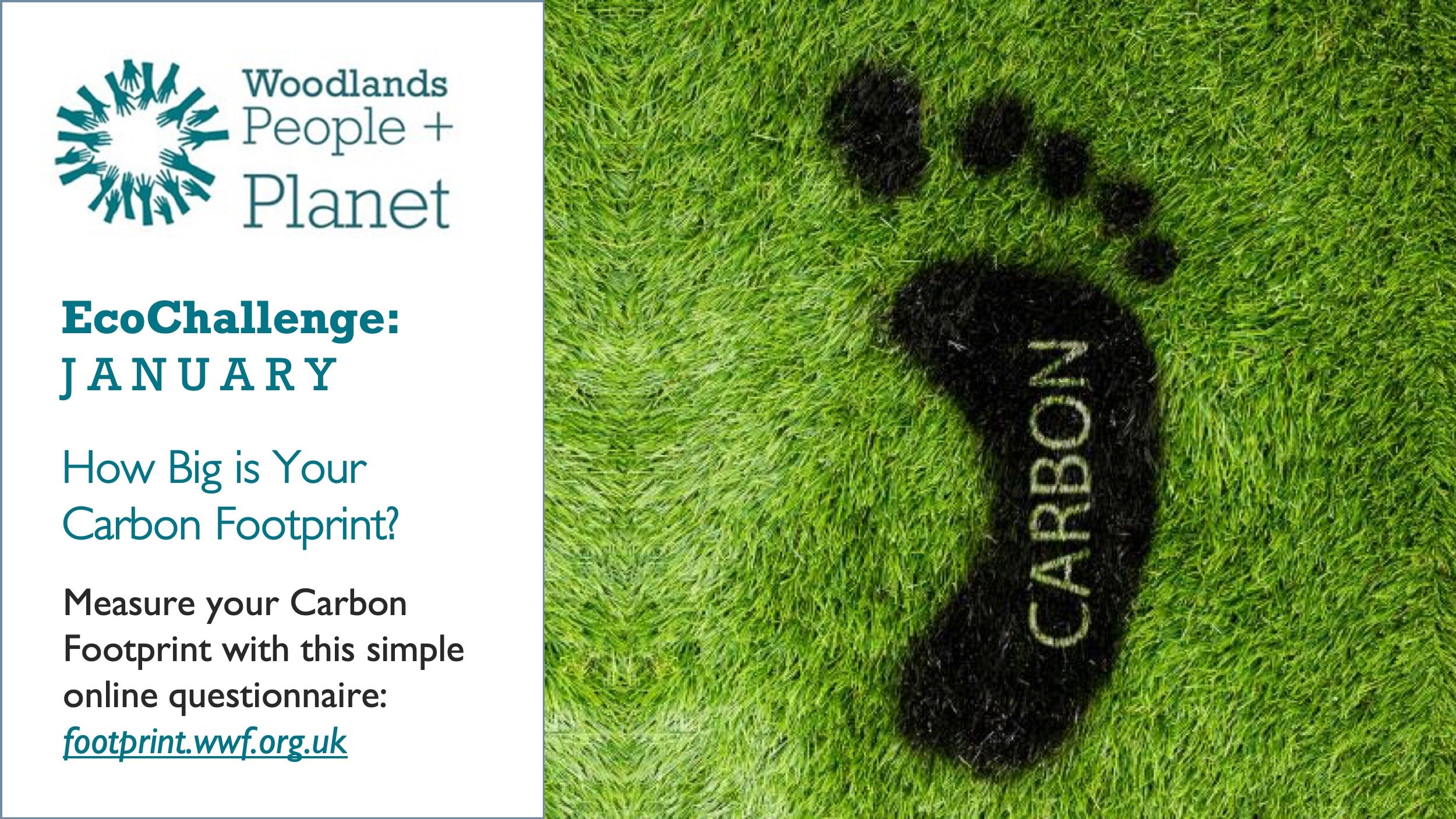For our May EcoChallenge, Woodlands People & Planet are challenging you to put away your lawn mower!
At Woodlands People and Planet we love to recycle and people who have been following this series carefully might recognise this challenge from this time last year – however we think it is a good one so please read on!
Making space for nature in our cities and towns is really important – and we can all do our bit. Those of us lucky enough to have gardens can think about how we can use them as good habitats for insects, birds and other animals too which are often coming under pressure as a lot of their habitats are removed. Gardens can often be much richer in wildlife than farmland!
This month’s challenge is simple – all you have to do is leave your mower in the shed for the month. This will give the flowers naturally present in the lawn a chance to bloom, acting as a valuable source of nectar for hard-pressed bees and other pollinating insects. Did you know lawns mown just once a month can be a source of 10 times as much nectar as lawns mown weekly? At the end of the month you have a chance to do a bit of citizen science by counting the number of flowers present in a random square metre of your lawn. What could be easier?
If you want to take this further, you can always try #LetItBloomJune or #KneeHighJuly!
Plantlife, the organisation behind the NoMowMay campaign, have found that the optimum way to manage your lawn for pollinators is a ‘Mohican’ approach. Mowing about every four weeks is the best way to promote the growth flowers that like shorter lengths of grass, such as daisies and white clover. At the same time leaving some areas unmown for longer can allow a richer variety of flowers to flourish in your lawn.
If you would like to sign up to the campaign and take part in the flower count at the end of the month visit Plantlife.
This Lifestyle article gives a great summary of the Mohican approach to cutting your lawn.
GET INVOLVED WITH PEOPLE + PLANET
If you’d be interested in finding out more about the Woodlands People + Planet group, or have some feedback about the challenges, connect with us:
















